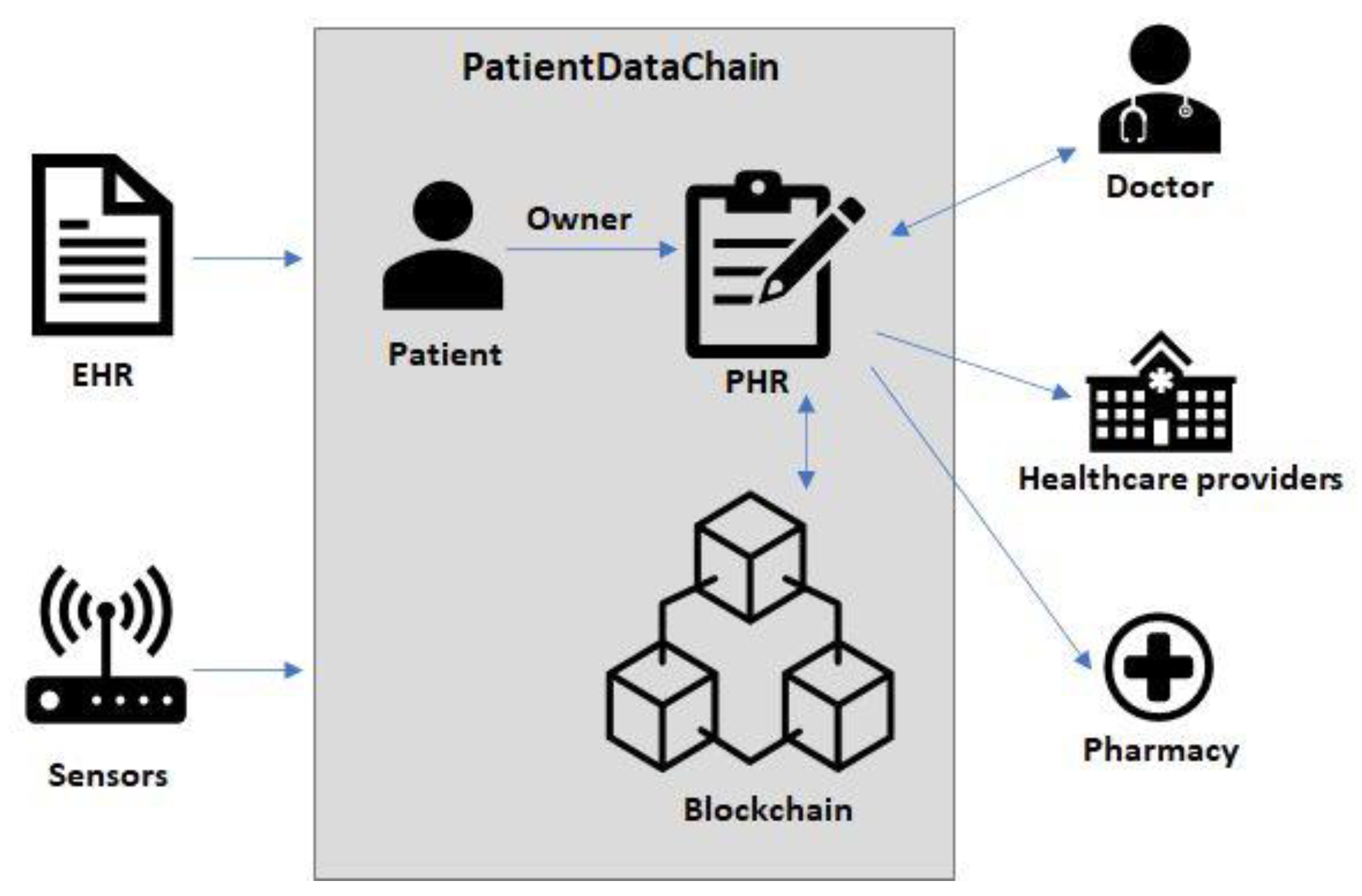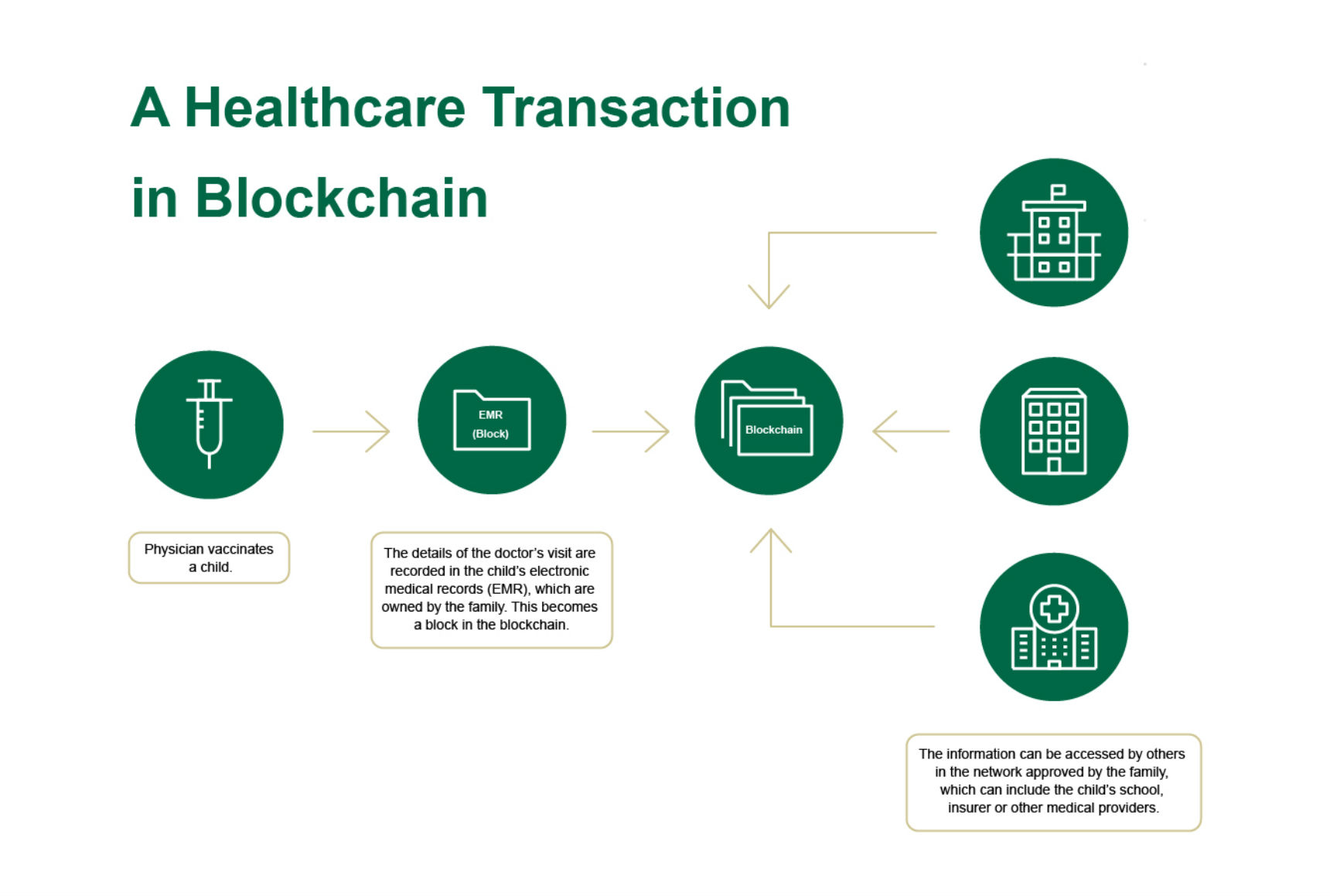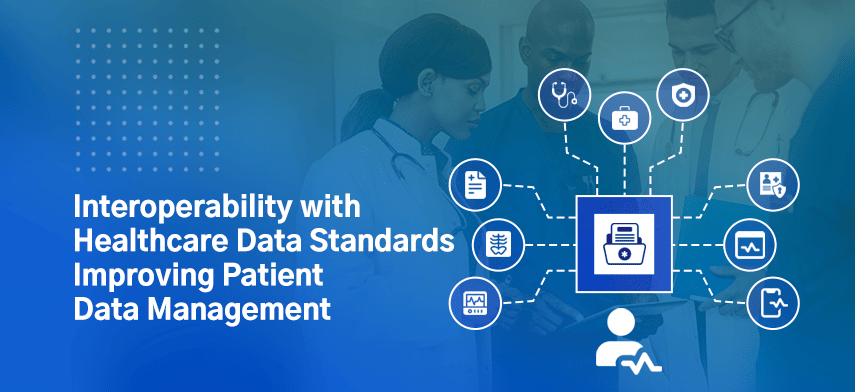Cloud Health Records: Streamlining Healthcare Data

Cloud Health Records: Streamlining Healthcare Data
The advent of cloud-based health records has marked a significant shift in how healthcare data is stored, managed, and accessed. This innovative approach not only streamlines processes within healthcare organizations but also empowers patients to have seamless access to their health information.
The Foundation of Cloud-Based Health Records
Cloud-based health records leverage cloud computing technology to store and manage electronic health records (EHRs) and other healthcare-related data. This departure from traditional on-premises systems allows for greater flexibility, scalability, and accessibility. The cloud becomes the foundation for a centralized and secure repository of health information.














